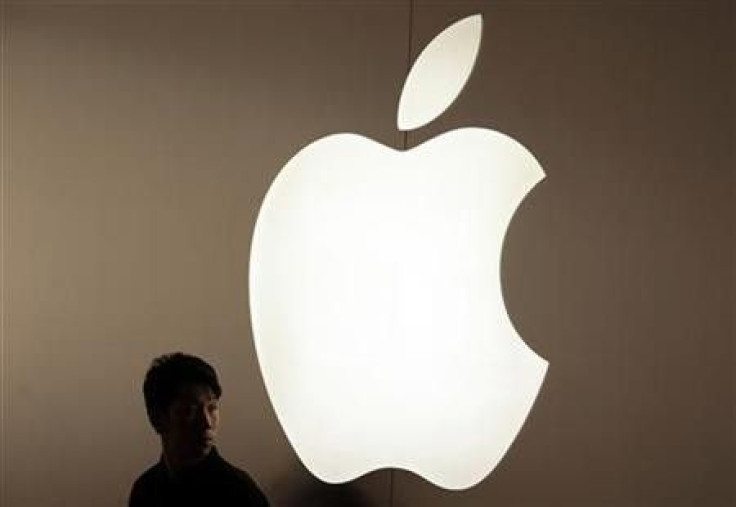Apple iPhone5 Release: Why Do People Care so Much?

Judging by the frenzy of anticipation that has raged for months around the imminent Apple iPhone5 release, one could be forgiven for thinking people were awaiting a technological breakthrough on par with the moon landing.
But while the latest iPhone version promises to contain some new features -- Apple's reticence on what those features might be has not stopped a deluge of speculation -- it remains an upgrade, an improved version of a type of technology that is already approaching ubiquity.
So why all the excitement?
Research has already suggested that people are addicted to their smartphones, or that being deprived of Internet access for even a day is comparable to quitting smoking or losing a hand. Consumer psychologist Kit Yarrow said that people can develop a deep psychological dependency on their smartphones, turning to it for emotional nourishment throughout the day.
It's an additional appendage, said Yarrow, a professor of psychology and marketing at Golden Gate University. It's so intimate and so important that when there's innovation in that field it almost feels like innovation in a body part or something. I don't think any other product comes close.
That emotional resonance derives partially from a smartphone's function as a gateway into a universe of other people and information. People spend enough time inhabiting that universe that they are constantly looking for ways to get there more efficiently, or to expand the ways they can interact with it.
The word is connection, and whether its connection to other people, connection to the world, connection to ideas or thoughts, we're always looking for ways to connect, said Larry Rosen, a professor of psychology at California State University, Dominguez Hills. We expect that we can connect no matter where they are. We have this expectation, so any new thing that can get us more of that we're going to want to look at.
Rosen said that the iPhone5's appeal illustrates a greater phenomenon he calls technological societal penetration. Technology is intertwined with every aspect of life, he argues, and the frequency of new technological advances means that new technology pervades society more rapidly than ever before.
We're fascinated with anything new, and we're more fascinated because it can reach penetration levels so damn quickly, Rosen said. Old technologies penetrated society in years and dozens of years. New technologies penetrate in months at most.
Yarrow echoed that sentiment, noting that consumers are conditioned to expect miracles in the technology realm given how rapidly technology advances - people expect to be astonished, to be able to do things they were previously unable to conceptualize. She said that Apple in particular is able to capitalize on this sense of awe, given both its record of introducing revolutionary technology and its tactic of shrouding new products in secrecy.
People listen when Apple talks in a way they don't with any other products in that category, where people eagerly await the next message from the Wizard of Oz, Yarrow said.
The allure of a new iPhone 5 does not stop with the phone itself but extends to a constellation of new capabilities, said Erik Brynjolfsson, a professor at MIT's Sloan School of Management. He drew a parallel to the newly released Kindle Fire, noting that Amazon CEO Jeff Bezos introduced the product by saying, We don't think of the Kindle Fire as a tablet. We think of it as a service.
I think that we're seeing a growing trend over time that these devices are not exciting just because of the physical artifact but because they are a portal to a whole set of associated services, Brynjolfsson said. The iPhone is part of an amazing ecosystem not just of media and communications but also GPS and other apps and tools that just keep growing.
And with mobile web technology still in its infancy, Brynjolfsson predicted that the steady procession of innovation is likely to captivate peope for years to come.
I think we're not yet in the mature phase where things sort of settle down, so I think it's going to be some time before we stop being surprised by the innovation of iPhone and android and other handheld portable devices, he said.
I expect unexpected things to happen for the next few years.
You can contact the reporter at j.white@IBTimes.com
© Copyright IBTimes 2024. All rights reserved.











